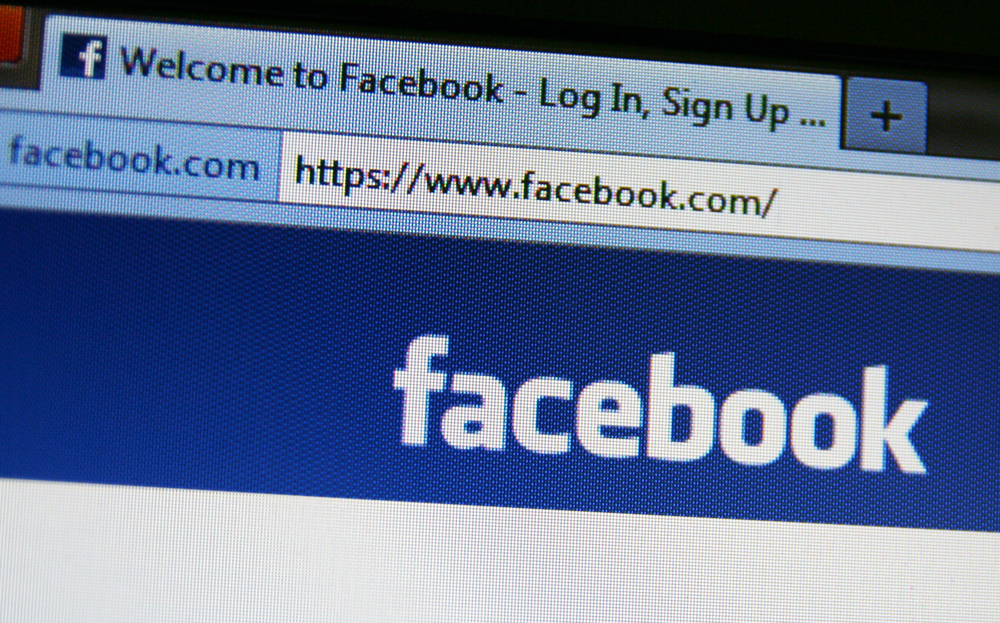Professors: Students May Judge Your Facebook Profile

College students are often warned to be careful what they post on Facebook. As it turns out, professors may want to take care, too.
New research finds that undergraduates judge professors based on their Facebook profiles (though few are likely to friend their professors). For instance, a professor with a socially oriented Facebook profile may be viewed as more popular but less skilled by potential students than other professors, according to the study published online April 24 in the journal Cyberpsychology, Behavior and Social Networking.
With upward of 93 percent of college students on Facebook as of 2008, many professors use the site to reach out to undergraduates as well as for their own social reasons, wrote Winthrop University psychologist Merry Sleigh and her students Jason Laboe, also of Winthrop, and Aimee Smith of Kent State University. [6 Personal Secrets Your Facebook Profile Isn't Keeping]
Portraying a professor
To understand how a social media presence might influence a professor's teaching career, the researchers created six fake Facebook pages, all of a fictional 39-year-old while male professor. Each page had a specific focus: Either the professor was portrayed as primarily politically conservative, politically liberal, religious, family-oriented, socially oriented or professional.
The social professor, for example, included a profile picture of the professor holding a beer. In the family-oriented profile, the same man was pictured next to a small child.
One hundred and ten undergraduates (77 female and 33 male) were randomly given one of the profiles to rate for the professor's skill, friendliness, popularity and appropriateness. The students also rated their likelihood of taking the professor's class and how much they respected him. As far as the students knew, the professor in the profile was a real person.
Get the world’s most fascinating discoveries delivered straight to your inbox.
The focus of the profile made a difference in how students saw this potential teacher. Professors with professionally oriented profiles were viewed as the most skilled, whereas social and conservative professors were seen as the least skilled. Social professors were also seen as the least likely to be difficult, while politically conservative professors were viewed as most likely to teach a tough course.
Students disliked professors who wore their politics on their sleeves: Politically conservative and politically liberal professors were seen as the least friendly and the least respectable. Students also had little respect for social professors and felt family-oriented professors were the most respectable.
Professionalism and expectations
Students reported being most interested in professional information from their professors' profiles, but found that information the least influential when forming an opinion about the person.
The study suggests that students may judge professors harshly based on Facebook information, particularly social butterflies, as socially oriented professors were seen as popular but inappropriate and unprofessional, the researchers wrote. This finding could have implications for how students behave in the lecture hall.
"Students reported being willing to take a class with any of the depicted professors," the researchers wrote. "However, given the fact that their perceptions of and levels of respect for the professors differed, students may have entered the classroom with unique expectations."
Follow Stephanie Pappas on Twitter and Google+. Follow us @livescience, Facebook & Google+. Original article on LiveScience.com.

Stephanie Pappas is a contributing writer for Live Science, covering topics ranging from geoscience to archaeology to the human brain and behavior. She was previously a senior writer for Live Science but is now a freelancer based in Denver, Colorado, and regularly contributes to Scientific American and The Monitor, the monthly magazine of the American Psychological Association. Stephanie received a bachelor's degree in psychology from the University of South Carolina and a graduate certificate in science communication from the University of California, Santa Cruz.


